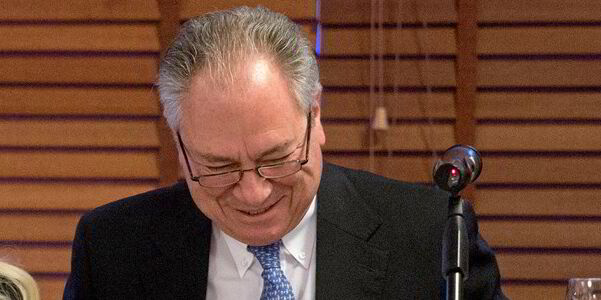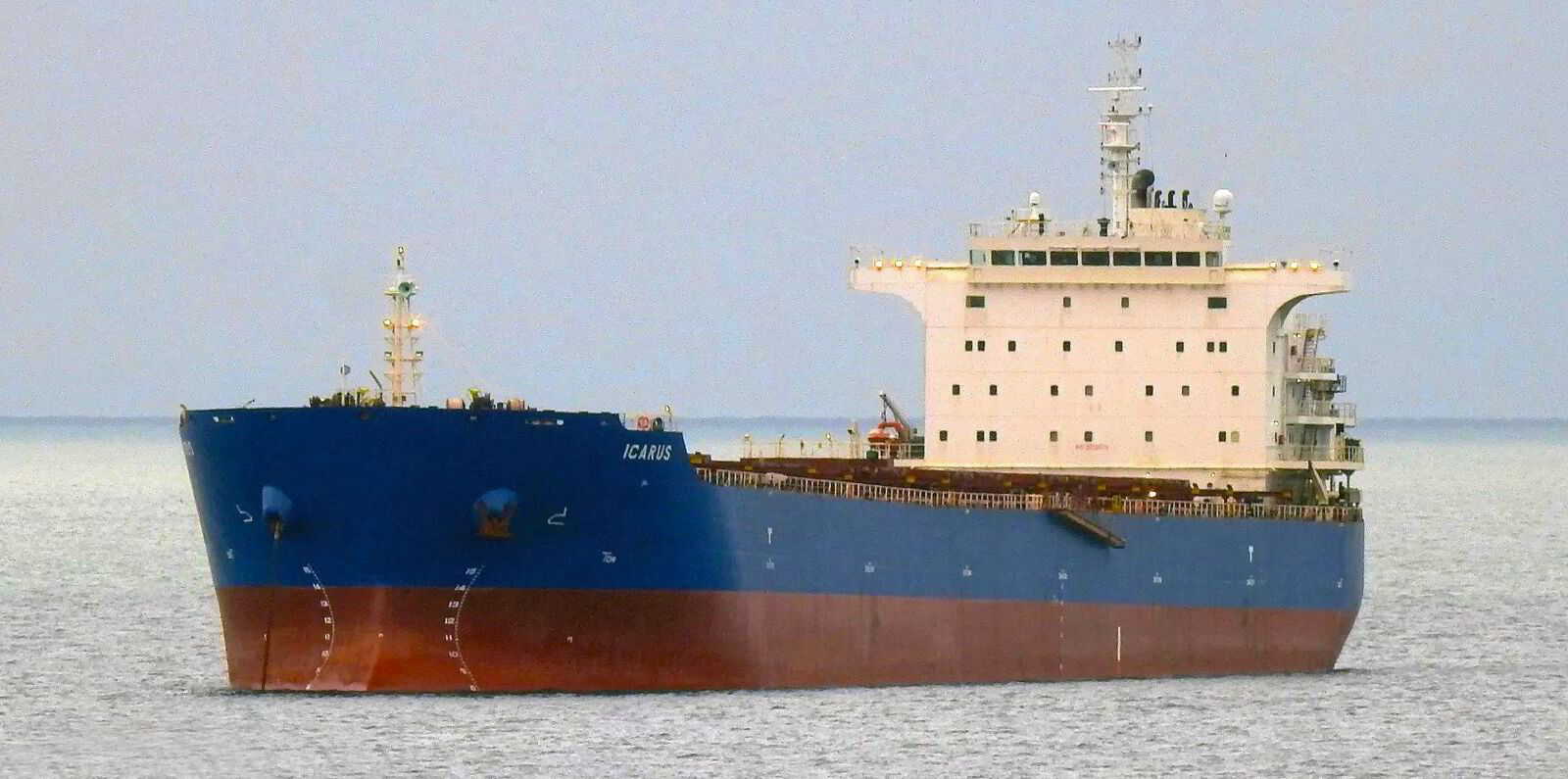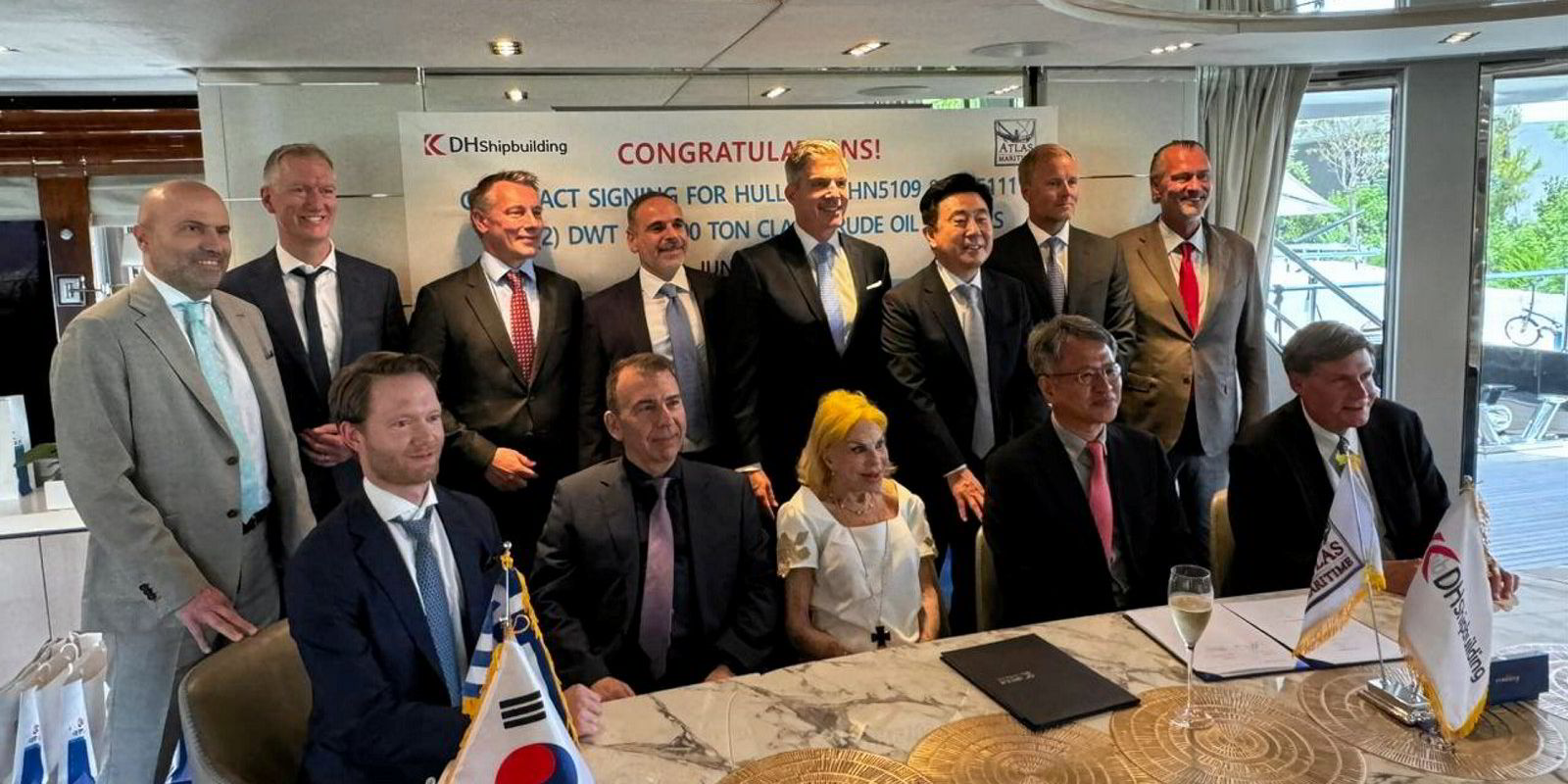Piraeus-based Chios Navigation has signed deals for three newbuildings in the run-up to and during Posidonia week, doubling its orderbook of modern eco vessels.
The biggest transaction is an order for a pair of 50,000-dwt MR tankers unveiled on Friday by HD Korea Shipbuilding & Offshore Engineering.
The South Korean shipyard did not identify the firm with which it signed a contract worth KRW 137.2bn ($100.4m) to build the duo at its HD Hyundai Vietnam facility, other than to say it is a “European company”.
Market sources are telling TradeWinds that HD’s counterparty is Chios Navigation, a low-profile company controlled by the Greek Caroussis family.
Both ships are due for delivery by December 2027 and will be conventionally fuelled and come equipped with a scrubber.
Chios Navigation already has ample experience with Hyundai group vessels.
Hyundai Mipo Dockyard was the shipowner’s yard of choice both times it ordered tanker newbuildings over the past 12 years — a pair of 51,600-dwt MRs delivered in 2013 and a 49,900-dwt vessel delivered in 2019.
All those ships are still trading in the company’s fleet.
The new deal makes Chios Navigation the latest Greek firm to opt for conventionally fuelled vessels to renew its fleet, which currently consists of the three MRs mentioned above, as well as eight bulkers.
Chios is renewing its bulker fleet too.
According to market sources, it recently signed a contract to build a handysize at Imabari Shipbuilding in Japan, due for delivery in 2028.
The sources reveal that Chios already has another handysize and an ultramax on order at the same yard, plus an ultramax at Japan’s Tsuneishi Cebu.
All three are due for delivery between 2025 and 2027.
Chios is familiar with Tsuneishi Cebu, which has built the four supramaxes and two kamsarmaxes the company has in the water.
Close to the full-year target
The Chios order brings HD’s newbuilding pipeline to 110 ships, including one offshore unit, with a total value of $12bn.
This is almost 90% of the its provisional annual order volume target of $13.5bn.
Most of these orders — in terms of numbers — are product tankers (46) and LPG/ammonia carriers (36).
Lucy Hine contributed to this article





